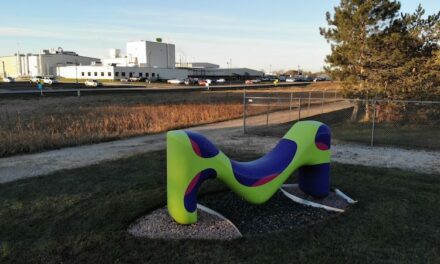Salimetrics’ Circadian Phase Assessment Kit, a salivary DLMO assessment kit, is a convenient way to assess the underlying physiology driving their patient’s circadian rhythm. The kit can be used at home and shipped to CLIA-Certified lab for evaluation.
“By measuring salivary melatonin levels over time, you are able to determine exactly if and when the body is prepared to go to sleep,” says Steve Granger, PhD, Salimetrics Chief Scientific Officer. “Understanding a person’s DLMO can serve as a critical screening tool in diagnosing and treating circadian misalignments as well as other chronic sleep disorders. Determining the timing of the melatonin onset and the amplitude of bedtime melatonin levels complements behavioral sleep phase information and actigraphy for a more comprehensive patient sleep evaluation. Most importantly, Salimetrics has also launched a helpful patient-facing website at http://biologyofsleep.com containing all the necessary background information for patients to learn about DLMO and order their assessment kits directly.”
The Circadian Phase Assessment Kit comes complete with everything required to easily collect and submit samples to the Salimetrics CLIA-Certified Laboratory. The salivary DLMO assessment kit can be ordered through a sleep clinic or shipped directly to the patient’s home. Samples are self-collected using the included saliva collection devices and then placed into a supplied freezing container. After freezing, samples can be shipped directly to Salimetrics’ testing facility using the included prepaid return label. Results are delivered through an encrypted, HIPAA-compliant portal, which can then be used to guide more precise interventions.
Salimetrics says it has been working closely with leading sleep researchers since before their salivary melatonin assay launched in 2013. “It became apparent that Salimetrics’ expertise in saliva collection, handling, and assay could help bridge the gap left by other sleep assessments which fail to offer sophisticated, scientifically objective data,” says Granger. “Obtaining a clear, biological metric, which includes data beyond self-reported sleep diaries, but with more accessibility than a polysomnogram, would enable a results-driven opportunity for treating sleep-related conditions. However, implementing such a system required Salimetrics to obtain additional CLIA Certifications, a HIPAA-compliant workflow, and a robust, cold-chain managed sample transport solution to maintain sample integrity during transport. Today, we are pleased to share that these requirements have been met.”





